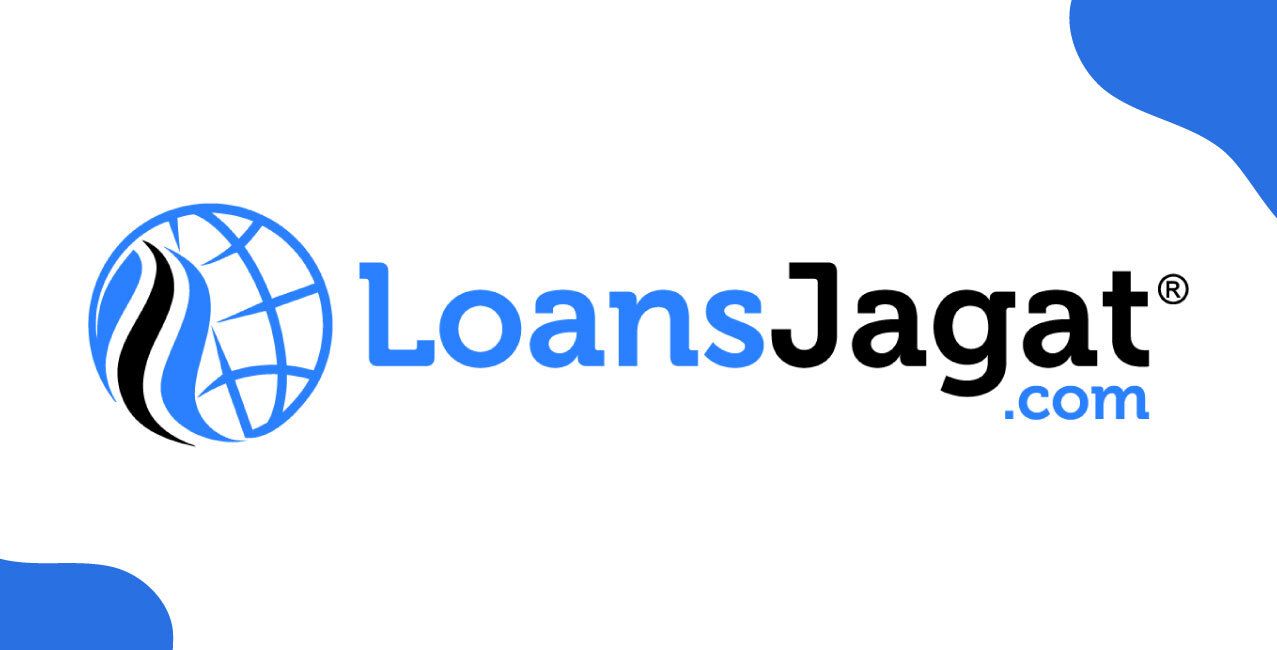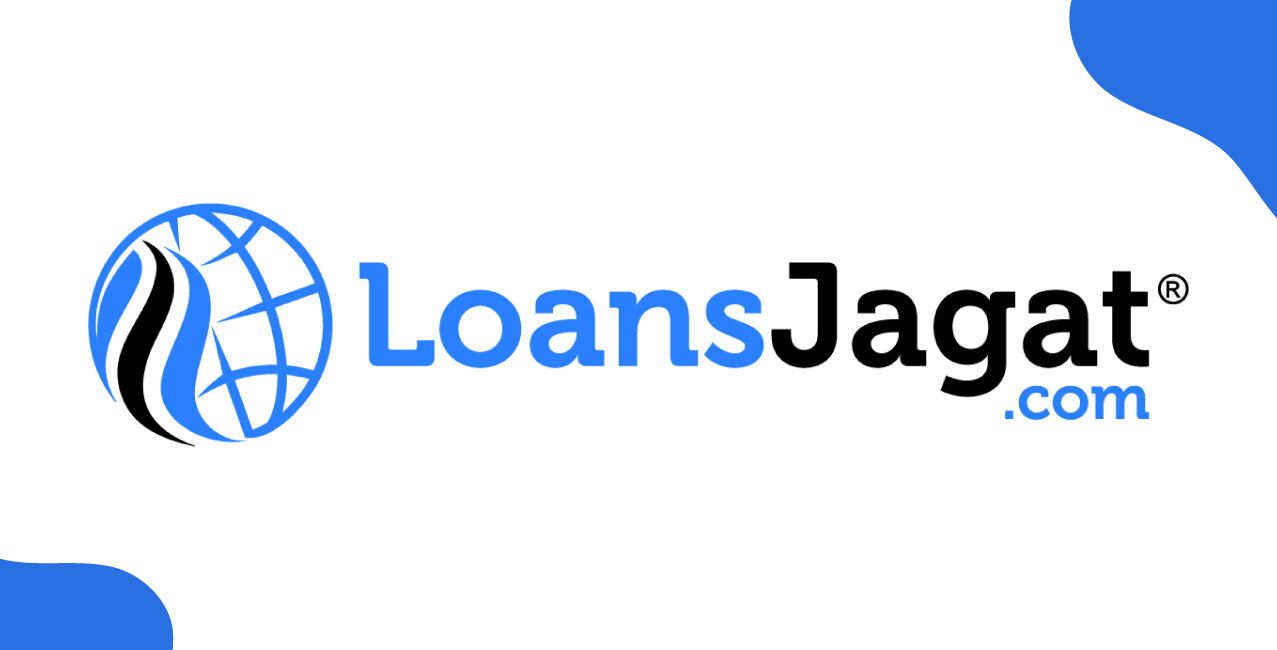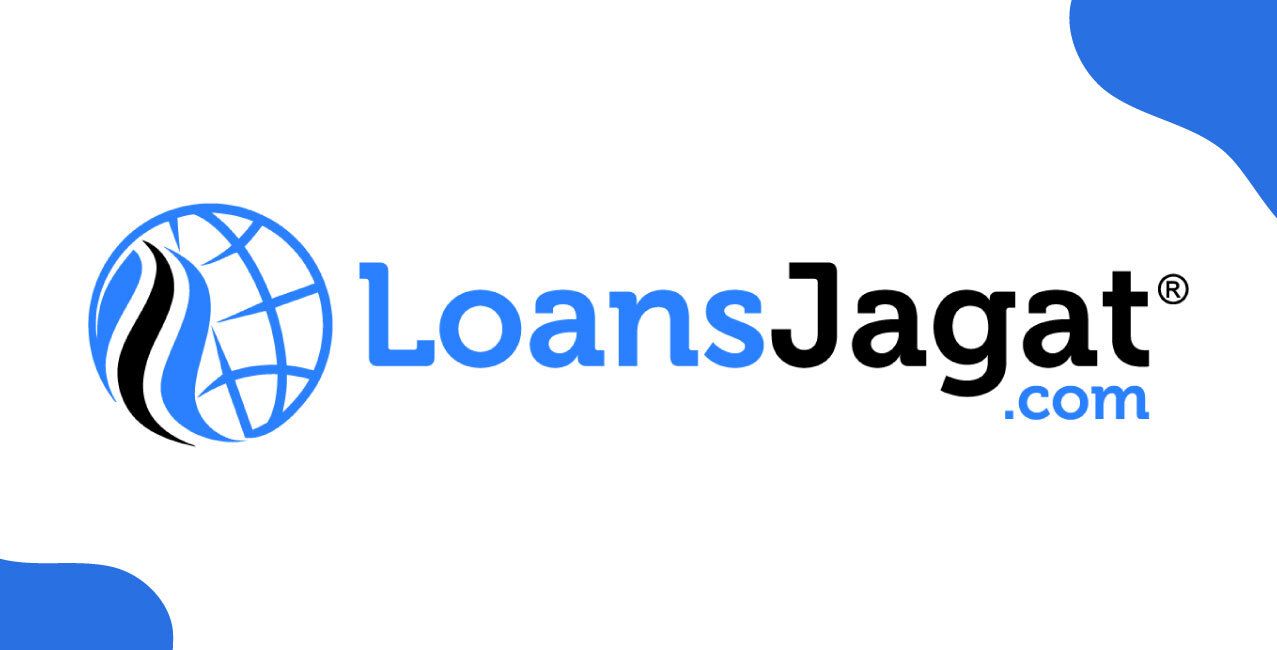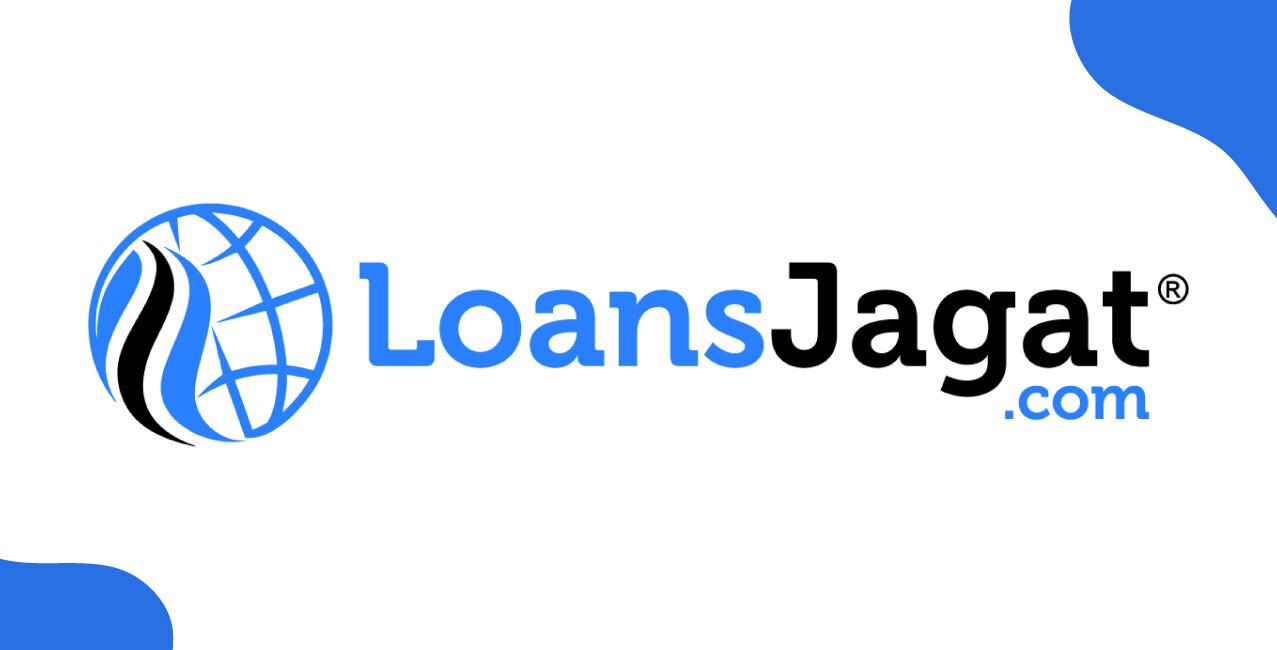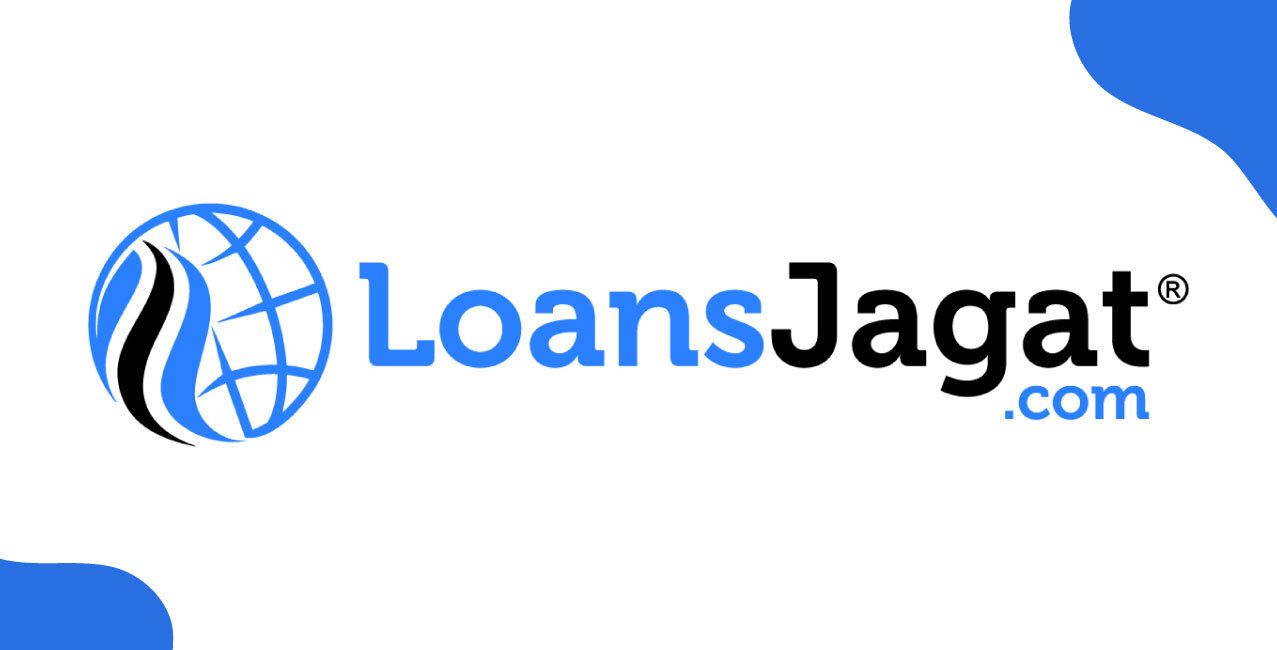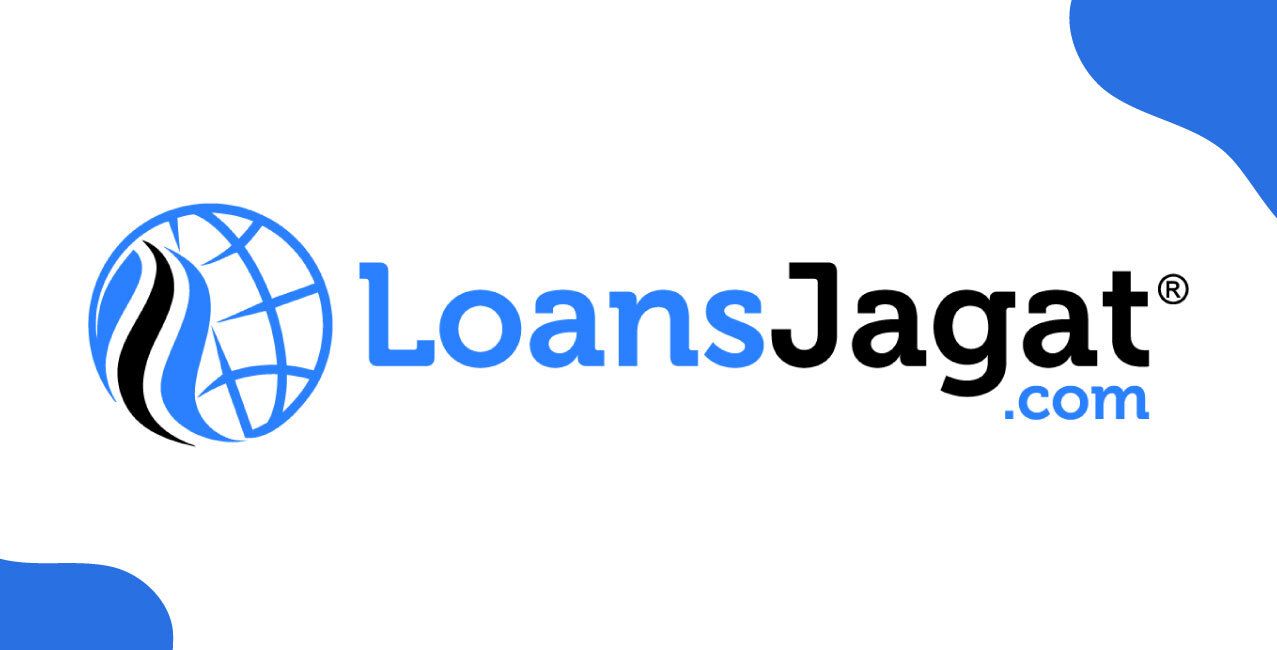India’s Gold Loan Boom in FY25: Why Everyone’s Betting on Yellow Metal Credit

Check Your Loan Eligibility Now
By continuing, you agree to LoansJagat's Credit Report Terms of Use, Terms and Conditions, Privacy Policy, and authorize contact via Call, SMS, Email, or WhatsApp
Gold loans are seeing record growth in India. As overall bank credit slows, loans backed by household gold have more than doubled in FY25, rising from just over ₹1 lakh crore to nearly ₹2.1 lakh crore, according to RBI data. This article is based on the information stated by credible reports published by ET BFSI, The Times of India, Business World, Debt Circle, and Angel One.
Easy accessibility, increasing gold prices, and stricter standards on unsecured credit have turned gold into a first-choice collateral for quick money.
Take Renu, a tailor from a small town near Lucknow. When a storm damaged her workshop, she needed ₹3 lakh urgently. Without formal income proof, she couldn’t get a regular loan. But by pledging 35 grams of gold jewellery, she secured the amount in a single day at 9.5% interest.
Her monthly EMI: ₹26,400 for 12 months.
For thousands like her, gold isn’t just tradition — it’s turning into a financial safety net.
Gold Loans Surge as Overall Credit Slows
While credit growth as a whole suffered in a given year, gold loans defied the trend. According to RBI statistics, outstanding gold loans with scheduled commercial banks during FY25 grew more than twofold and emerged as the fastest-growing loan segment by a wide margin.
Gold Loan Volumes Surge More Than 100% in FY25
Year | Gold Loan Book Size | % Growth YoY |
FY24 | ₹1.03 lakh crore | - |
FY25 | ₹2.1 lakh crore | 103% |
Gold loan growth reached 103% in FY25
Gold loan book of scheduled commercial banks increased from ₹1.03 lakh crore to ₹2.1 lakh crore — an increase of over ₹1 lakh crore in just one year.
The highest growth of all retail loans
Though all other loan categories slowed down, gold loans were an exception. Demand for quick, collateral-secured credit encouraged more individuals to realise the value of their gold.
Bank credit growth decelerated to a mere 11%
Overall, lending by banks increased by just 11% during FY25 — a sharp decline from 20% last year. It’s a clear sign that people and businesses were borrowing more cautiously.
Even merger-adjusted growth was slower
Even after adjusting for the HDFC-HDFC Bank merger, credit growth was at 12%, down from a year ago's 16.3%. That makes the gold loan boom even more striking.
Gold Loans Stand Out as Credit Expansion Slows
While the RBI imposed tighter regulations on unsecured loans, there was a deceleration across most loan segments in FY25. But one segment that broke the trend was gold loans. While other categories of credit growth decelerated, gold-based loans recorded phenomenal growth, unlike any other good news in the lending space.
Overall Credit Growth Slows — But Gold Stands Out
Credit Segment | FY24 Growth | FY25 Growth |
Total Bank Credit | 20.4% | 11.4% |
Retail Credit | 16.3% | 12.9% |
Gold Loans | 17.4% | 76.9% |
New Developments in Gold Loan Trends during FY25
Gold Loan Market Set to Cross ₹10 Lakh Crore
Both banks and NBFCs in the gold loan industry are set to surpass ₹10 lakh crore during FY25. This growth is driven by increasing gold prices as well as a growing demand for secured loans.
Public Sector Banks (PSBs) Gaining Ground
Public sector banks have increased their market share in gold loans from 54% in 2019 to 63% in 2024. Their priority on agriculture-backed loans is to support them in expanding their business in this segment.
Banks Replacing NBFCs
Due to regulatory reforms, banks now dominate 82% of the market for gold loans, higher than earlier, and NBFCs have lost some market share.
RBI Tightens Control Over Gold Loans
To control the rising growth in gold loan volumes, the RBI is increasing its monitoring and developing new regulations for lenders to
maintain stability and control risky lending.
Possible Increase in Loan Misconduct
With the stricter regulations by the RBI, loan defaults could experience a slight increase in negligence. Lenders must be keeping defaults low, though, due to the emotional value attached to gold.
Risks and The Future Direction: Overleveraging and Volatility
Gold loans have become a favourite credit option, particularly in tough economic times. But with the growing size of the segment, the problems are also growing.
Increasing Risks
Taking Loans Beyond Limits
Since gold loans are readily available, some borrowers borrow more than they can repay. The over-borrowing, with no sound repayment plan, can entrap them in debt traps.
Example: Overleveraging Scenario
Borrower Name | Gold Pledged (Value) | Loan Amount | EMI | Total Loan Period | Loan-to-Value (LTV) |
Asha | ₹1,25,000 | ₹1,00,000 | ₹8,500 | 36 months | 80% |
Ravi | ₹1,50,000 | ₹1,20,000 | ₹10,000 | 40 months | 80% |
In such situations, the loan is based on an 80% Loan-to-Value (LTV) ratio. When borrowers borrow at or close to the maximum value of their gold, they are at risk of over-leveraging and finding repayments more difficult if their financial conditions change.
Price Swings in Gold
If the prices of gold decline sharply, the value of the pledged jewellery also decreases. This can result in a deficit in loan recovery, particularly if the borrower defaults.
Example: Effect of Volatility in Gold Prices
Suppose a borrower is mortgaging ₹2,50,000 of gold against a loan of ₹2,00,000 (80% Loan to Value ratio). When the price of gold declines by 20%, the value of pledged gold is now ₹2,00,000. The borrower still has ₹2,00,000 outstanding against them and has zero equity in the pledged asset.
Gold Price (₹/g) | Loan Value | Gold Pledged (g) | Loan-to-Value (LTV) |
₹5,000 | ₹2,50,000 | 50 | 80% |
₹4,000 | ₹2,00,000 | 50 | 80% |
When the price of gold declines, the lender can insist on more than the value of the gold pledged, and that increases the risk of default.
Lack of Awareness
Most rural and semi-urban borrowers don't fully understand loan terms — interest rates, repayment schedules, or the risks. This may result in making bad financial choices.
What Can Be Done?
Stricter Regulations on Gold Valuation
The RBI wants to introduce greater uniformity in the valuation of gold before extending loans. It prevents over-lending.
Increasing Financial Awareness
Growing awareness about loans and loan options, especially in smaller towns and rural spaces, allows borrowers to make better, safer choices.
Example: Financial Literacy Project
Program Name | Target Audience | Number of Participants | Topics Covered | Impact |
Rural Credit Awareness | Rural Borrowers | 500 | Loan Terms, Risks, Repayment | Increased understanding of loan terms |
Loan Management Workshops | Semi-Urban Areas | 750 | Financial Planning, Interest Rates | Reduced defaults and better repayments |
Offer Other Secured Loans
Encouraging loans against fixed deposits or real property use will help reduce over-reliance on gold and broaden the risk of credit.
Conclusion
India's gold loan surge in FY25 is an indicator of a major shift in the way households are accessing short-term needs. As 'too much' unsecured lending is now under a magnifying glass and overall bank credit continues to stall, borrowers are looking to gold – a
trusted household asset – for quicker access to cash and no paperwork issues.
The sharp increase in gold loan balances is a reflection of increasing reliance on this type of secured credit. But with that expansion comes more responsibility. Overborrowing and gold price volatility remain real concerns. As the segment grows, more effective regulation and increased borrower knowledge will be necessary to ensure this lending model is sustainable long-term.
About the author

LoansJagat Team
Contributor‘Simplify Finance for Everyone.’ This is the common goal of our team, as we try to explain any topic with relatable examples. From personal to business finance, managing EMIs to becoming debt-free, we do extensive research on each and every parameter, so you don’t have to. Scroll up and have a look at what 15+ years of experience in the BFSI sector looks like.
Subscribe Now
Related Blog Post

Home Loan Interest Rates 2025 Deliver Major EMI Relief, Will Borrowers See More Gains In 2026?
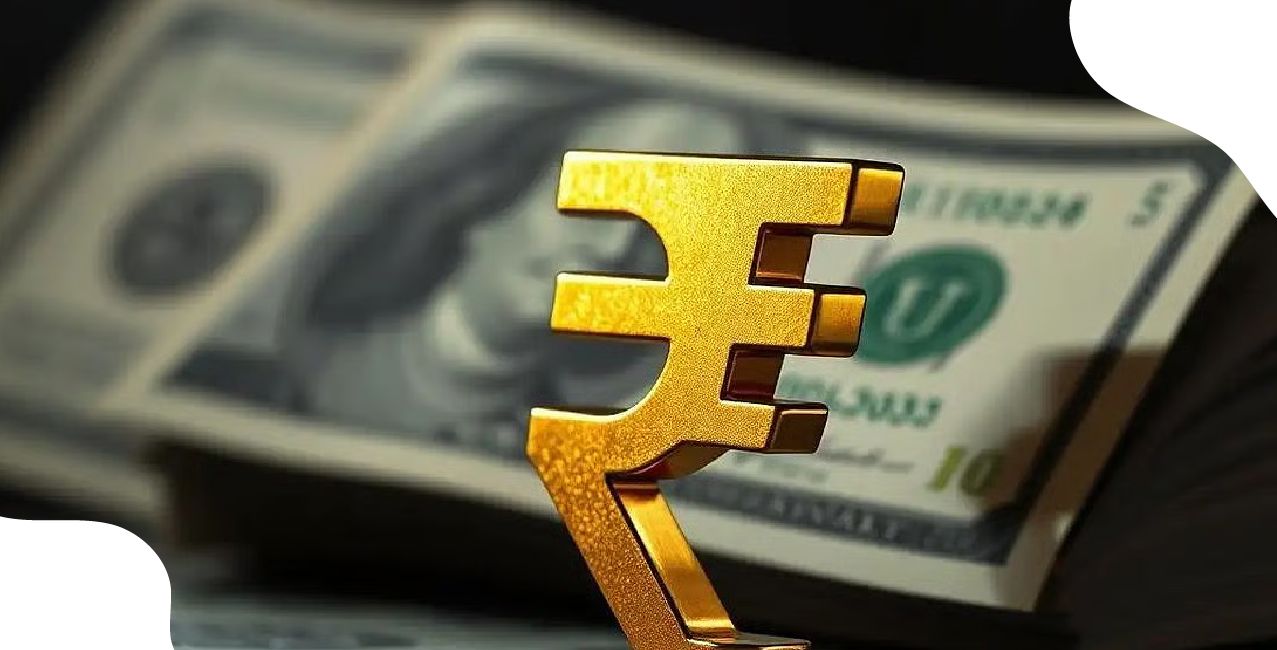
Will the Indian Rupee Stabilise in 2026 After a Volatile 2025?
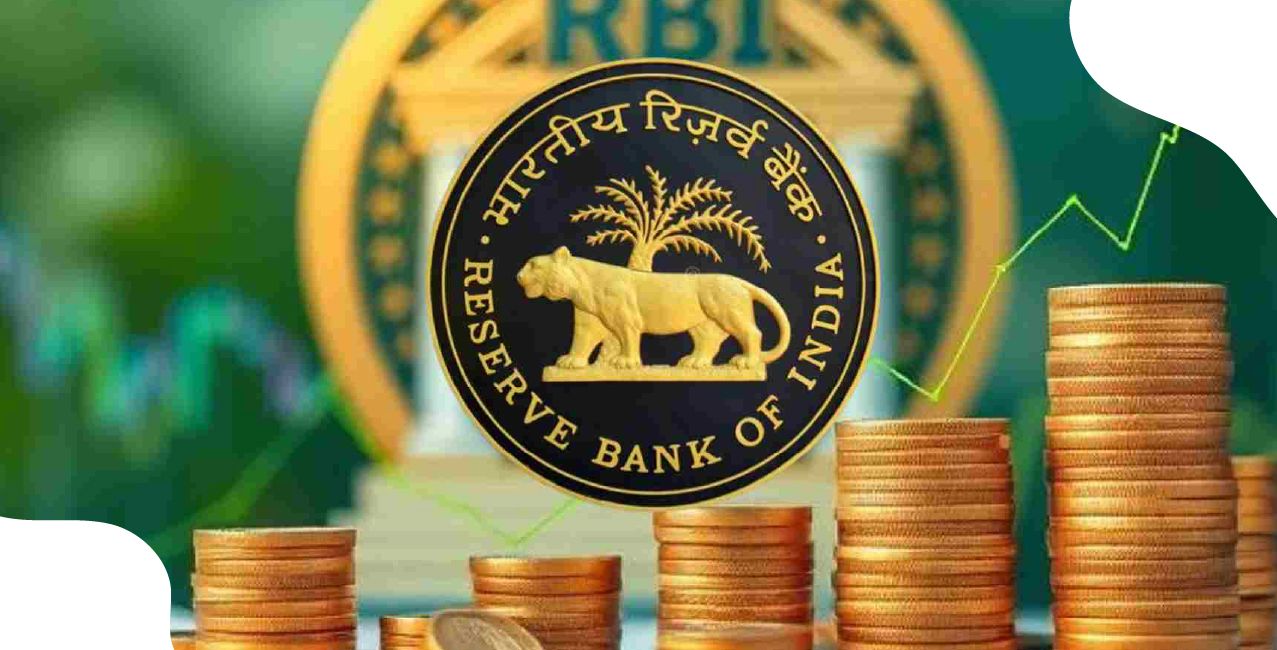
RBI Draft Rules Target Surprise Costs in Overseas Payments
Recent Blogs
All Topics
Contents
Quick Apply Loan
Consolidate your debts into one easy EMI.
Takes less than 2 minutes. No paperwork.
10 Lakhs+
Trusted Customers
2000 Cr+
Loans Disbursed
4.7/5
Google Reviews
20+
Banks & NBFCs Offers
Other services mentioned in this article
